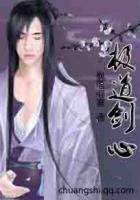It is disheartening, at the present day, and after so much has been finally settled by writers like Grote, Mommsen, and Sir G. C. Lewis, to come upon such views in the work of a man of scholarship and intelligence. One begins to wonder how many more times it will be necessary to prove that dates and events are of no historical value, unless attested by nearly contemporary evidence. Pausanias and Plutarch were able men no doubt, and Thukydides was a profound historian; but what these writers thought of the Herakleid invasion, the age of Homer, and the war of Troy, can have no great weight with the critical historian, since even in the time of Thukydides these events were as completely obscured by lapse of time as they are now. There is no literary Greek history before the age of Hekataios and Herodotos, three centuries subsequent to the first recorded Olympiad. A portion of this period is satisfactorily covered by inscriptions, but even these fail us before we get within a century of this earliest ascertainable date. Even the career of the lawgiver Lykourgos, which seems to belong to the commencement of the eighth century B. C., presents us, from lack of anything like contemporary records, with many insoluble problems. The Helleno-Dorian conquest, as we have seen, must have occurred at some time or other; but it evidently did not occur within two centuries of the earliest known inscription, and it is therefore folly to imagine that we can determine its date or ascertain the circumstances which attended it. Anterior to this event there is but one fact in Greek antiquity directly known to us,--the existence of the Homeric poems. The belief that there was a Trojan war rests exclusively upon the contents of those poems: there is no other independent testimony to it whatever. But the Homeric poems are of no value as testimony to the truth of the statements contained in them, unless it can be proved that their author was either contemporary with the Troika, or else derived his information from contemporary witnesses. This can never be proved. To assume, as Mr. Gladstone does, that Homer lived within fifty years after the Troika, is to make a purely gratuitous assumption. For aught the wisest historian can tell, the interval may have been five hundred years, or a thousand. Indeed the Iliad itself expressly declares that it is dealing with an ancient state of things which no longer exists. It is difficult to see what else can be meant by the statement that the heroes of the Troika belong to an order of men no longer seen upon the earth. (Iliad, V. 304.) Most assuredly Achilleus the son of Thetis, and Sarpedon the son of Zeus, and Helena the daughter of Zeus, are no ordinary mortals, such as might have been seen and conversed with by the poet's grandfather. They belong to an inferior order of gods, according to the peculiar anthropomorphism of the Greeks, in which deity and humanity are so closely mingled that it is difficult to tell where the one begins and the other ends. Diomedes, single-handed, vanquishes not only the gentle Aphrodite, but even the god of battles himself, the terrible Ares. Nestor quaffs lightly from a goblet which, we are told, not two men among the poet's contemporaries could by their united exertions raise and place upon a table. Aias and Hektor and Aineias hurl enormous masses of rock as easily as an ordinary man would throw a pebble. All this shows that the poet, in his naive way, conceiving of these heroes as personages of a remote past, was endeavouring as far as possible to ascribe to them the attributes of superior beings.
If all that were divine, marvellous, or superhuman were to be left out of the poems, the supposed historical residue would hardly be worth the trouble of saving. As Mr. Cox well observes, "It is of the very essence of the narrative that Paris, who has deserted Oinone, the child of the stream Kebren, and before whom Here, Athene, and Aphrodite had appeared as claimants for the golden apple, steals from Sparta the beautiful sister of the Dioskouroi; that the chiefs are summoned together for no other purpose than to avenge her woes and wrongs; that Achilleus, the son of the sea-nymph Thetis, the wielder of invincible weapons and the lord of undying horses, goes to fight in a quarrel which is not his own; that his wrath is roused because he is robbed of the maiden Briseis, and that henceforth he takes no part in the strife until his friend Patroklos has been slain; that then he puts on the new armour which Thetis brings to him from the anvil of Hephaistos, and goes forth to win the victory. The details are throughout of the same nature. Achilleus sees and converses with Athene; Aphrodite is wounded by Diomedes, and Sleep and Death bear away the lifeless Sarpedon on their noiseless wings to the far-off land of light." In view of all this it is evident that Homer was not describing, like a salaried historiographer, the state of things which existed in the time of his father or grandfather. To his mind the occurrences which he described were those of a remote, a wonderful, a semi-divine past.

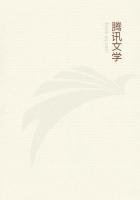


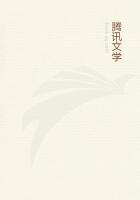
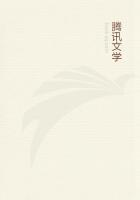

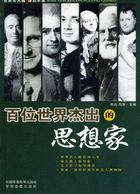
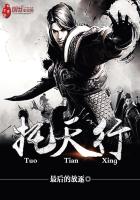


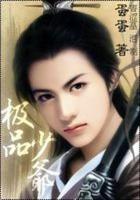


![[欧洲]中世纪教育思潮与教育论著选读(下)](https://cdn.shuoxu.com/images/book/2020/02/15/161000000.jpg)
